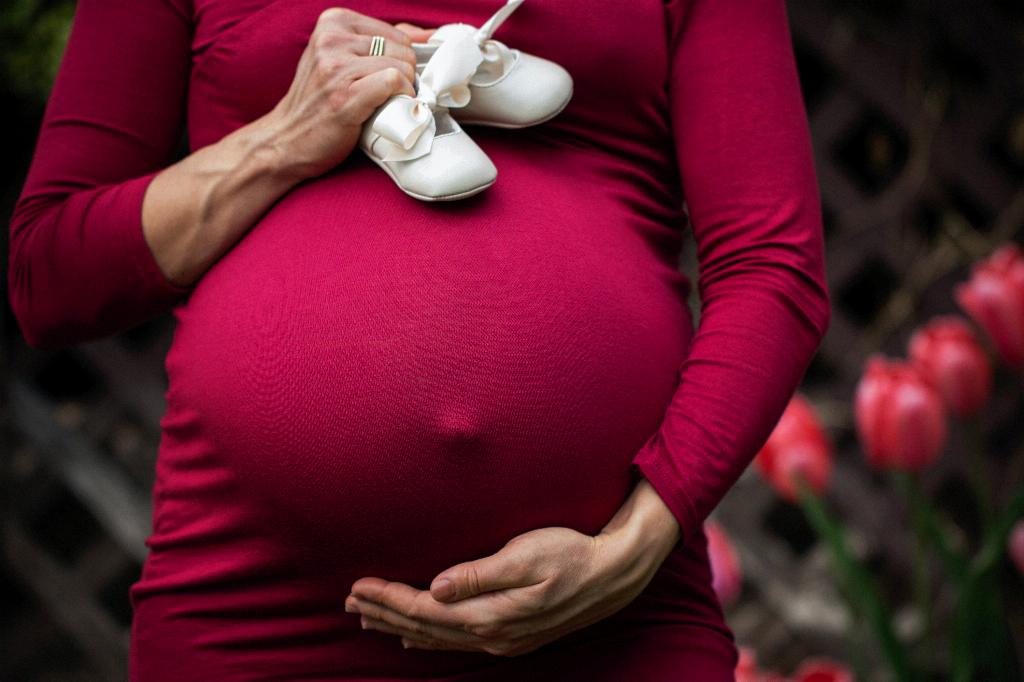Every woman’s body is unique and may respond differently to the early stages of pregnancy. It’s essential to be aware of the potential signs and symptoms, as they can vary in timing and intensity.
Week 1-2 After Conception
For some women, pregnancy symptoms can appear as early as one to two weeks after conception, although they may be subtle at this stage. These early signs may include mild abdominal cramping, fatigue, and changes in breast sensitivity.
Week 3-4 After Conception
As the pregnancy progresses to three to four weeks after conception, more noticeable symptoms may arise. These can include morning sickness, heightened sense of smell, frequent urination, and mood swings. Some women may also experience light spotting as the embryo implants itself in the uterus.
Week 5-6 After Conception
By the fifth to sixth week after conception, pregnancy symptoms may become more pronounced. Women may experience more severe nausea and vomiting, food aversions or cravings, and increased fatigue. Some may also notice bloating and mild headaches during this time.
Week 7-8 After Conception
During the seventh to eighth week of pregnancy, symptoms such as breast tenderness, weight gain, and mood changes may become more prominent. Some women may also feel dizzy or lightheaded due to hormonal changes in their body.
Week 9-10 After Conception
As the pregnancy progresses to the ninth and tenth weeks after conception, symptoms like increased appetite, skin changes, and visible veins in the breasts may develop. Women may also experience heartburn and indigestion as the uterus expands.
Week 11-12 After Conception
By the eleventh to twelfth week of pregnancy, symptoms such as back pain, constipation, and nasal congestion may become more prevalent. Some women may also notice changes in their hair texture and increased vaginal discharge.
Consulting a Healthcare Provider
If you suspect you may be pregnant or are experiencing any of these symptoms, it’s essential to consult a healthcare provider for confirmation and guidance. They can perform tests to confirm pregnancy and provide valuable information on prenatal care and support throughout your pregnancy journey.

